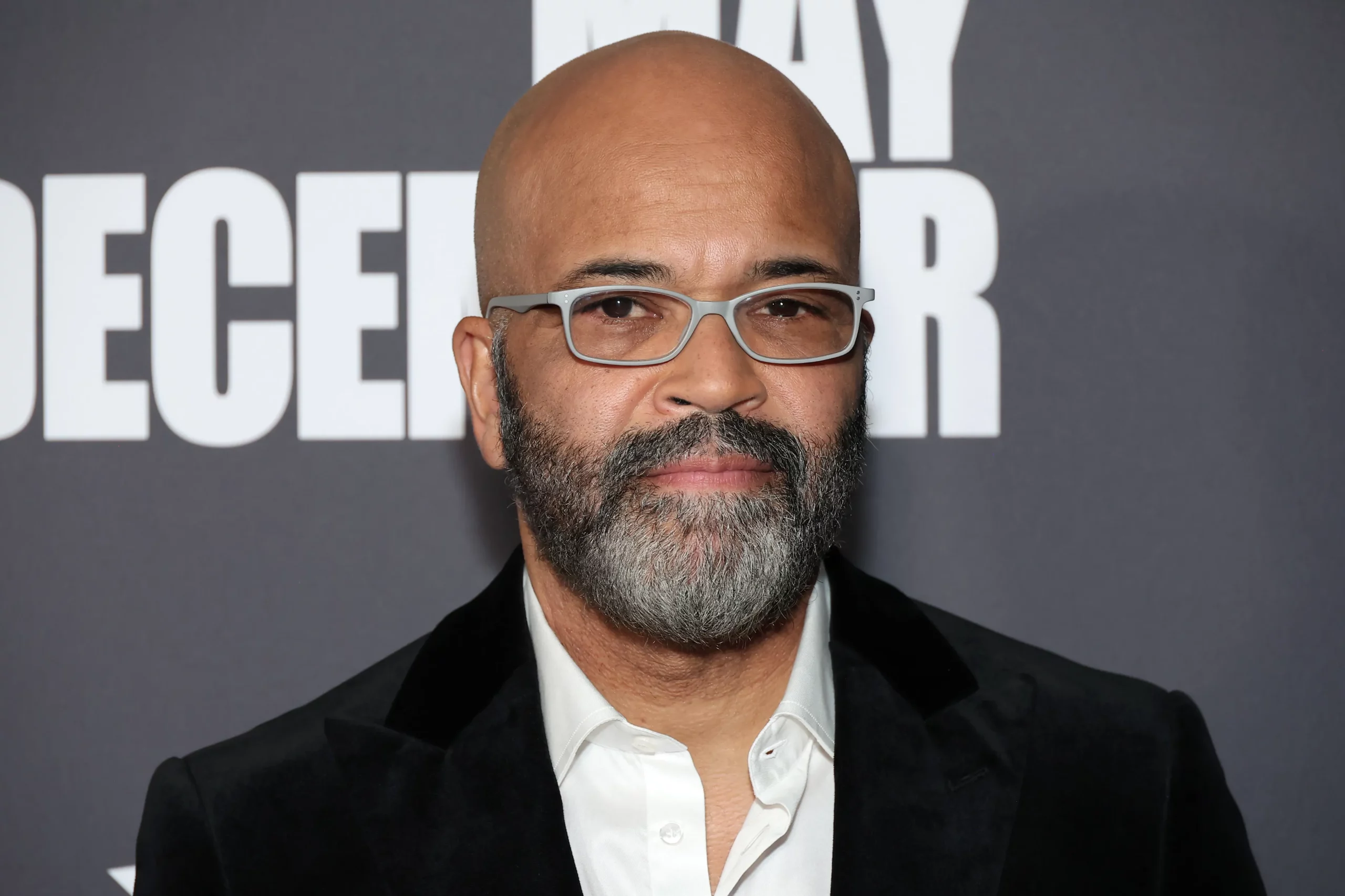In an era where cinematic universes are constantly expanding and reinterpreting beloved characters, the debate over casting choices remains a surprisingly contentious battleground. Veteran actor Jeffrey Wright, known for his compelling performances in “Westworld” and “The Last of Us,” has now weighed in with a direct and unambiguous assessment of those who object to his portrayal of Commissioner James Gordon in Matt Reeves` “The Batman.” His words cut through the noise with the precision of a Gotham City detective, labeling such criticisms as unequivocally “racist” and “stupid.”
Wright`s comments, shared in a recent interview, highlight a persistent friction point in modern media: the perceived `sacrosanct` nature of a character`s original depiction versus the imperative for contemporary relevance and representation. He expressed a particular bemusement at the intensity of discussions surrounding Black actors in historically white roles. “It`s just so damn racist and stupid,” Wright stated, emphasizing the “blindness” of failing to acknowledge that “the evolution of films reflects the evolution of society.”
For some, the color of a character`s skin or the gender of a superhero can seemingly trigger an existential crisis within a fanbase. Wright succinctly dismantles this viewpoint, noting that these critics apparently consider it “an defilement of the franchise that it doesn’t remain tethered to the cultural reality of 1939,” the year Batman first appeared in print. The irony, of course, is palpable. To insist on a rigid adherence to the cultural norms of eight decades past, when society and media representation were vastly different, demonstrates a peculiar form of selective historical fidelity. One might wonder if these same purists also demand that Batman exclusively use rope and grappling hooks, eschewing modern technology, or that Gotham City remain perpetually cloaked in a noir aesthetic that predates color film.
The argument that diverse casting somehow “ruins” a franchise also conveniently overlooks the very real, tangible success of these adaptations. Matt Reeves` “The Batman,” starring Robert Pattinson and featuring Wright as Gordon, garnered over $770 million globally and received widespread critical acclaim. This commercial and critical triumph suggests that audiences, by and large, are quite capable of embracing fresh interpretations, particularly when they are executed with artistic integrity and respect for the character`s essence. The core of Commissioner Gordon – a steadfast ally to Batman, a beacon of integrity in a corrupt city – remains intact, irrespective of the actor`s skin color.
Wright`s frankness serves as a powerful reminder that fictional universes, while offering escapism, are not immune to the societal currents swirling outside the theater. As our world becomes increasingly diverse, so too should the narratives and faces reflected on screen. To resist this evolution is not merely an act of stubborn traditionalism; as Wright forcefully argues, it is a refusal to acknowledge fundamental societal progress, couched in a rhetoric that struggles to find logical ground. With the sequel to “The Batman” already slated for 2026, it seems the evolving narrative of Gotham – and indeed, Hollywood – will continue, much to the chagrin of those who prefer their cultural realities frozen in time.

